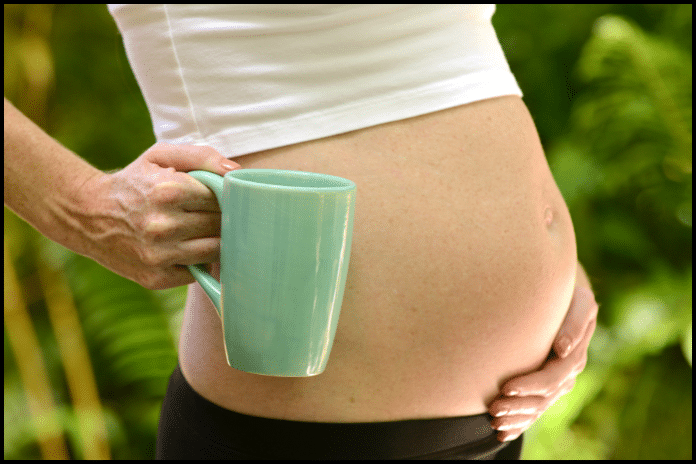Introduction:
Pregnancy is a remarkable journey marked by numerous milestones and considerations; however, amidst the myriad of advice, one particular cautionary note stands out: the avoidance of caffeine. Despite its widespread popularity, caffeine consumption during pregnancy can pose significant risks. Therefore, expectant mothers must understand why steering clear of this stimulant is paramount.
The Caffeine Conundrum:
Caffeine, a central nervous system stimulant, is pervasive in modern society; it is found in coffee, tea, chocolate, energy drinks, and various other beverages and foods. Its ability to enhance alertness and concentration has made it a staple for many individuals seeking a daily pick-me-up. However, the same properties that make caffeine appealing to the general population raise concerns when it comes to pregnancy.
The Placental Predicament:
One of the foremost reasons pregnant women are advised to avoid caffeine is its ability to cross the placenta. Unlike many substances, caffeine readily passes from the mother’s bloodstream through the placenta to reach the fetus. This means that the developing baby is exposed to caffeine, potentially impacting its delicate developmental processes.
The Menace of Miscarriage:
Perhaps the most alarming risk associated with caffeine consumption during pregnancy is its link to miscarriage. Numerous studies have highlighted the correlation between high caffeine intake and an increased risk of miscarriage.

Stifling Fetal Growth:
Beyond the threat of miscarriage, caffeine has been implicated in impairing fetal growth and contributing to low birth weight. Consequently, babies born with low birth weight may face a host of health challenges, both at birth and later in life.
Premature Predicament:
Another peril associated with caffeine consumption during pregnancy is the heightened risk of preterm birth. Preterm birth, defined as delivery before 37 weeks of gestation, can lead to a myriad of complications for the newborn, including respiratory distress, feeding difficulties, and long-term developmental issues.
Navigating Safe Limits:
Given the potential risks, many healthcare professionals advocate for pregnant women to limit or eliminate caffeine intake. While guidelines may vary, most experts recommend keeping caffeine consumption below 200 milligrams per day, roughly equivalent to a single 12-ounce cup of coffee.
Empowering Informed Choices:
In the realm of pregnancy, informed decision-making is paramount. While the allure of caffeine may be strong, particularly amidst the fatigue and discomfort that often accompany pregnancy, the potential consequences for both mother and child cannot be overstated.
Conclusion:
In the journey of pregnancy, every choice matters. While caffeine may offer reprieve from fatigue, its potential risks loom large, casting a shadow over the delicate process of fetal development.Let’s remember when it comes to pregnancy, caution is the compass guiding us toward the safest shores.

